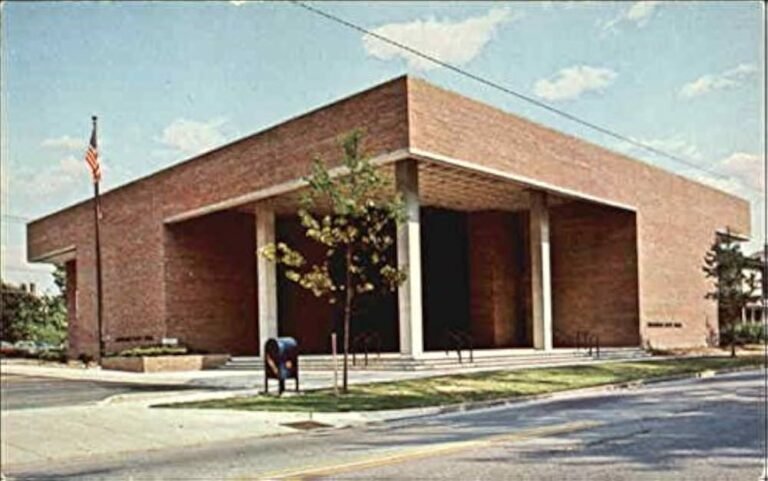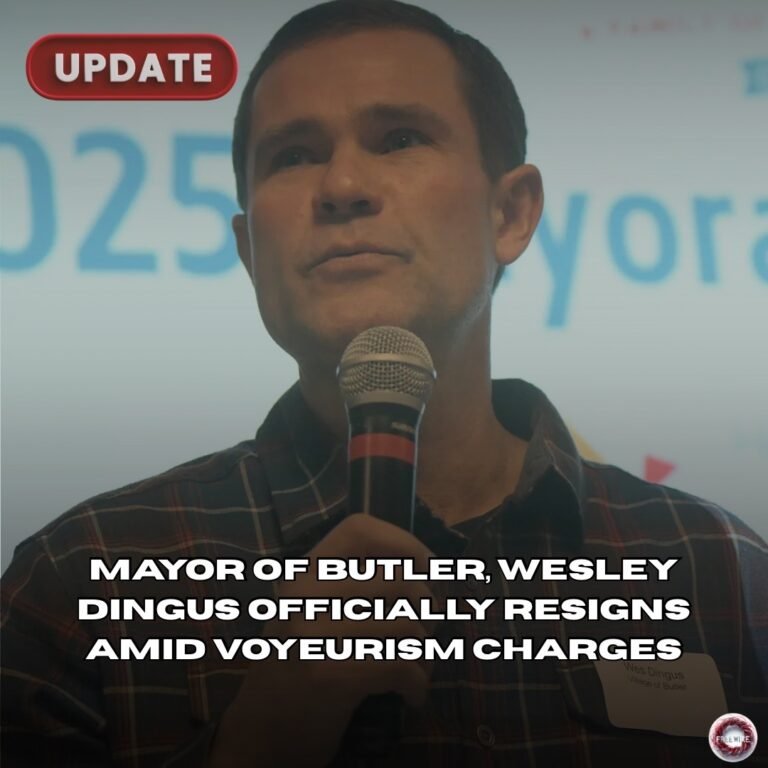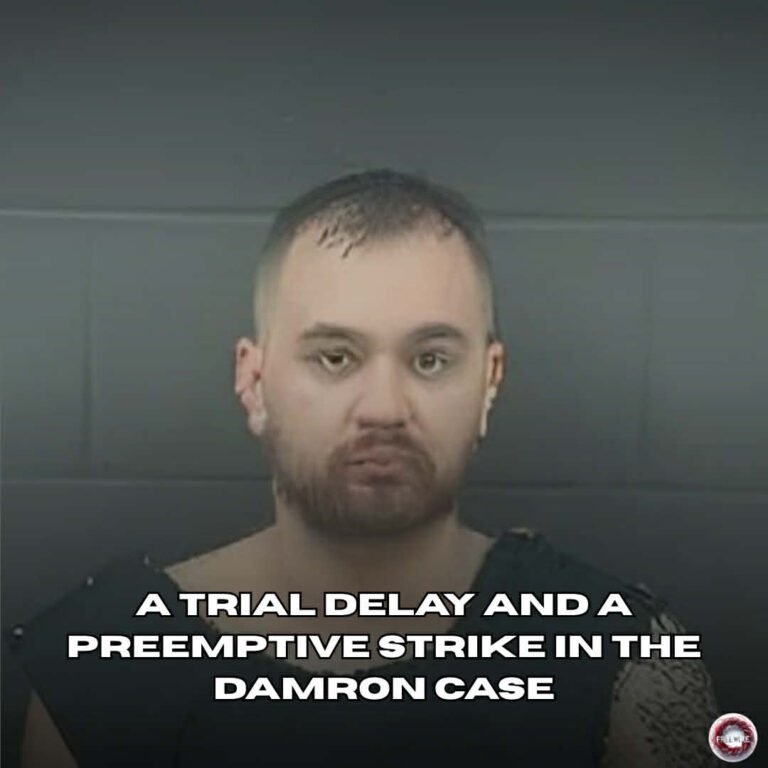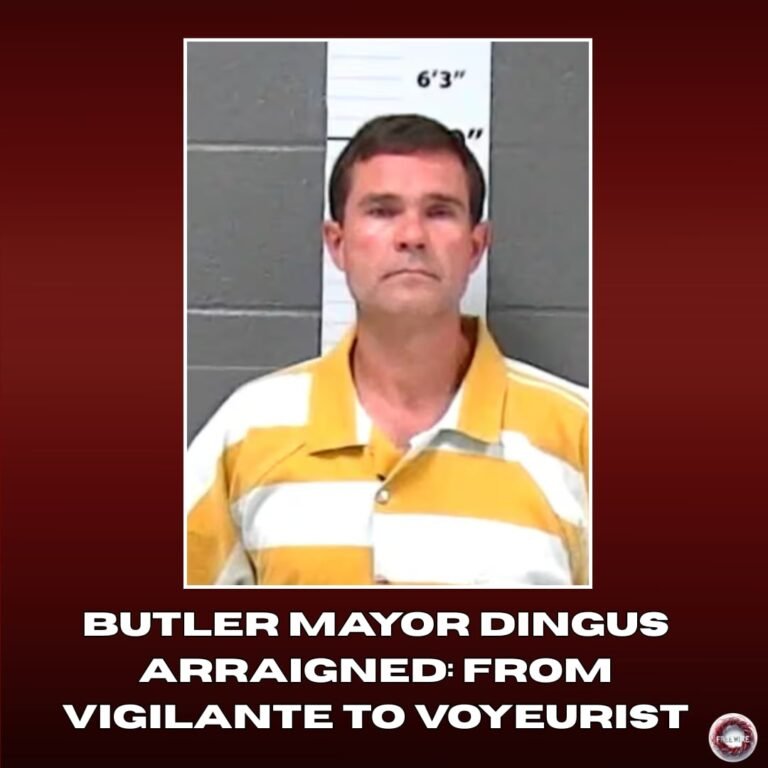By Logan Andrew | Editor-in-Chief
FreeWire — Your News, Your Voice
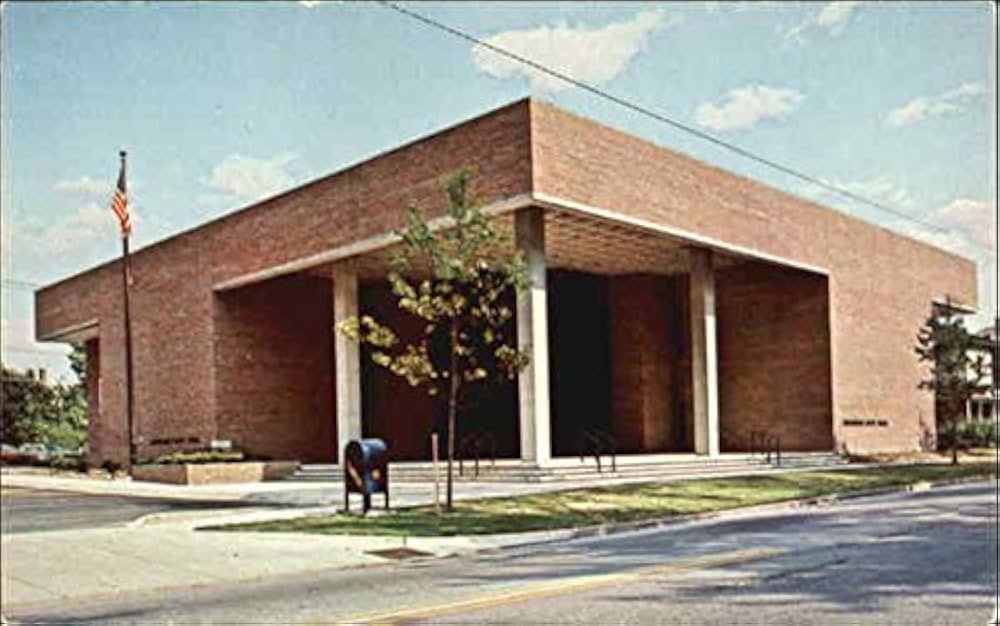
June 4, 2025 — What began as a routine city council meeting Tuesday night quickly descended into procedural chaos, pointed rebukes, and a power struggle that left the public—and even some council members—scratching their heads.
The meeting opened with the seating of Terry Spiegel, newly appointed to represent Ward 3 following the resignation of Zyan Hickman. Minutes from the May 20 meeting were approved without controversy. But any sense of calm vanished the moment public comments began.
Public Demands and Safety Concerns
Local resident Greg White leveled strong criticism at council for its recent approval of the firefighter union contract. He accused members of voting on legislation they hadn’t read and questioned whether backdoor deals had taken place. White also called out the law director’s office for ongoing delays in drafting legislation, saying the public deserved better.
Ray Thitoff raised alarms about the abandoned Swan Rubber building, describing it as dangerously unstable. Several council members echoed the concern, noting the façade is delaminating and could collapse onto nearby sidewalks or passing vehicles. The property is tied up in a failed sale, with legal remedies now under discussion.
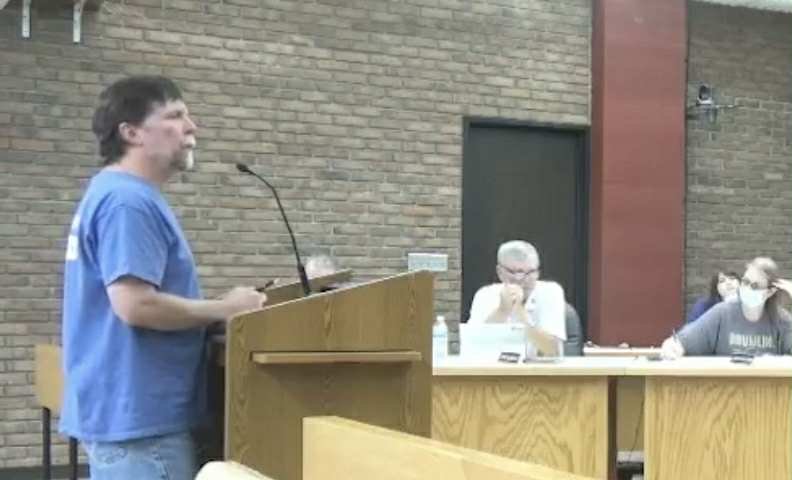
James Cady, a former resident who recently returned to town, proposed repurposing a city-owned building for a small business. But his tone shifted during a second appearance later in the meeting, when he accused a city staff member of dishonesty in a longstanding dispute over an alleyway. Cady urged council to investigate what he called political favoritism and alleged corruption.

A Gavel, Snatched
The tipping point came during discussion of Resolution 218-2025, which involved appointments to the Local Board of Tax Review. Among the nominees was Adam Frizzell, a citizen volunteer.
The council president wished to speak against Frizzell’s appointment and attempted to pass the gavel to President Pro Tempore Kevin Myers to do so. However, Myers had already spoken on the matter. Under Robert’s Rules of Order, only the presiding officer or an authorized Pro Tempore can run the meeting, and no provision exists for appointing a second Pro Temp.
When advised of this, the council president forcibly snatched the gavel from the law director’s hands—an act that stunned the chamber.
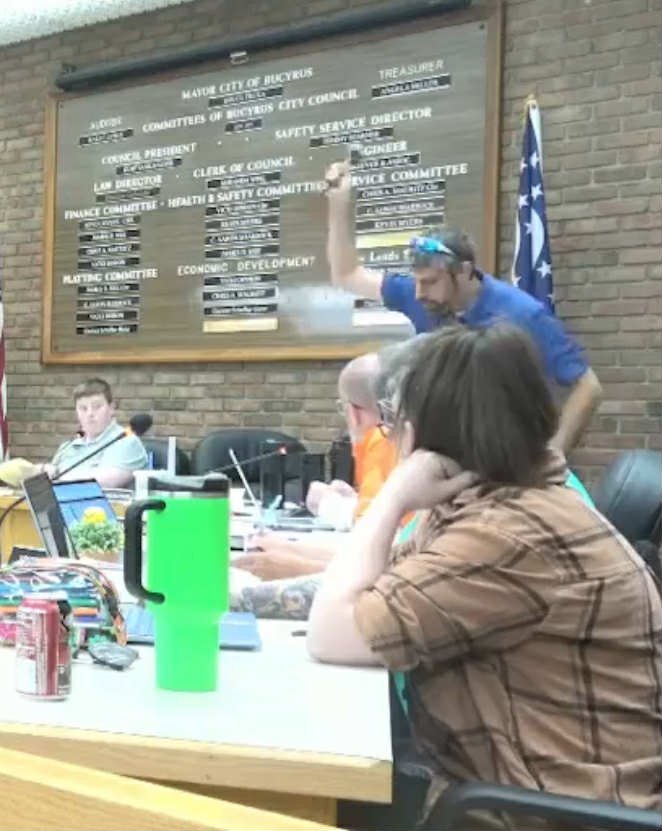
“Mr. President, that behavior is unacceptable,” said Councilwoman Clarissa Slater. “I don’t accept that kind of behavior from my children, and I will not expect that out of a council president.”
“Turdhauser Network Standing By”
In his remarks, the council president accused Adam Frizzell of misconduct for having once held up a notebook in front of the president’s camera during a meeting that read:
“Turdhauser Network Standing By.”
The moment, captured on video over a month ago, had largely faded from the memory of a handful of those present until the council president revived it himself—essentially re-airing his own insult. Ironically, the incident occurred during an executive session, which the president had been recording on a personal camera, despite protocol barring such conduct. In response to that allegation, he falsely accused FreeWire of recording that same session, though our livestream had visibly switched to a recess screen.
Critics noted that the president regularly uses inflammatory language on his YouTube channel, recently referring to council members as “cackling hens.” The attack on Frizzell, many felt, was less about professionalism and more about retribution.
Council Rejects Executive Session
Shortly after, the council president attempted to enter executive session to discuss litigation and union negotiations. The attempt failed. Council members objected not only to the timing but to the lack of transparency: no statutory justification had been included on the agenda.
Councilwoman Slater publicly read an email she had sent earlier that day, pointing out the departure from past practice and warning that such omissions would erode public trust. The motion to enter executive session was voted down unanimously by all seven council members.
Power Shift — Then Reset
Later in the meeting, the council president again attempted to yield the gavel to Myers. This time, no one seconded a motion to return it, and Myers presided for the remainder of the meeting—or so it seemed.
After a brief recess, the law director clarified that the gavel should not have been passed without a motion. Because it was, the transfer was invalid, meaning the council president was technically still presiding. However, a new precedent was established: any future gavel transfers must now be formalized by vote—and so must returning it.
This change gives council members the ability to restrict who presides over meetings by majority rule, adding a new check to the body’s internal dynamics.
Sensing this, Councilmembers Slater and Aaron Sharrock introduced a motion to suspend the rules and allow Myers to retain control of the meeting, citing the council president’s failure to perform his duties appropriately.
In the resulting vote:
- Yes: Dishon, Slater, Sharrock
- Abstain: Myers (due to conflict), Mauritz, Spiegel, Mee
The motion failed, and the gavel was returned to the council president.
Dishon Calls Out Greg White
During old business, Councilwoman Vicki Dishon responded to Greg White’s earlier public comments. She quoted from his past statements and emails before issuing a direct challenge:
“At this time I hereby request in both my official and unofficial capacities that Mr. White stand behind his own words and man up, take responsibility, tell the truth, supply documentation, and answer my email no later than June 24, 2025.”
Final Disputes and Adjournment
Toward the end of the meeting, the council president attempted to adjourn without a motion. When challenged, a proper motion was brought forward. After further debate and abstentions, the meeting was formally adjourned at 8:51 p.m., with the gavel back in the president’s hands.
The Bigger Picture
Tuesday’s meeting wasn’t just about zoning requests and committee appointments—it was about authority, accountability, and the limits of power in Bucyrus city government.
Council has now armed itself with procedural tools to check future disruptions, but questions remain. Will the new structure lead to improved decorum and transparency? Or will it trigger more conflict between the presiding officer and the rest of the chamber?
The next meeting may provide answers. One thing’s for sure: Bucyrus is watching.














